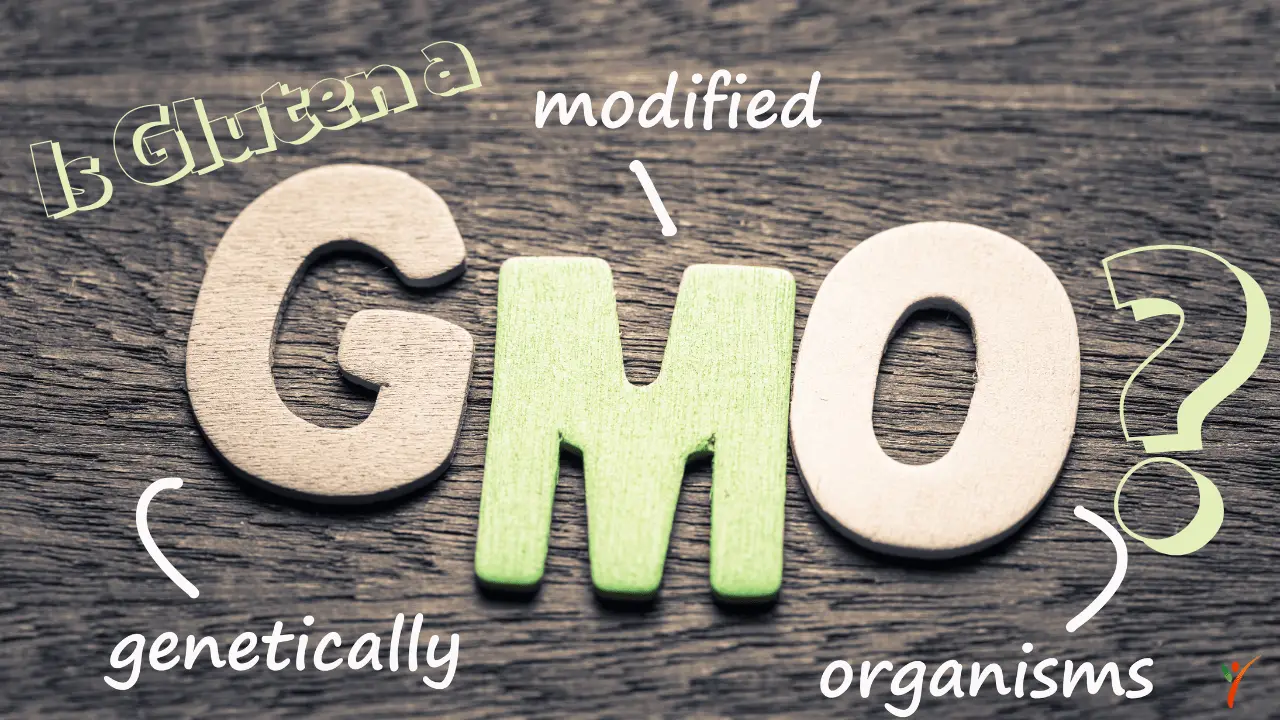Anyone who has celiac disease, or knows gene engineering, knows the answer to this question. However, if you aren't aware of these terms, then here's a straight response.
No, gluten is not a GMO!
Gluten is a protein composite responsible for the stickiness in grains such as rye, barley, and wheat.
Whereas GMOs come under genetically modified organisms, majorly bacteria and viruses alter plants' DNA to better yield.
However, you can relate gluten and GMOs in many ways. For instance, scientists at the National Institute of Sciences could reduce wheat DEMETER homologs by 85%. DEMETER is the enzyme responsible for the activation of gluten in wheat. They did so with the help of RNA interference. RNA interference plays a part in gene engineering, the advanced technology used in the manufacture of GM (genetically modified) foods.
The examples above give us a little idea about the relationship between GMO and gluten. This article will shed light on:
Similarities Between Gluten And GMO

The one-line answer is if gluten is a GMO? Is no, it is not. As mentioned above, gluten is a protein found in wheat and is responsible for the intact shape. Therefore, GMO is a genetically modified organism and is used to resist pests and increase its nutritional content.
GMO wheat is the only one in its category that has been modified to reduce its gluten content. However, it is not commercially available yet. Although there have been experiments done to modify wheat, none were successful.
If we look at the food chains that contain genetic modifications. They are corn, cotton, soybeans, papaya, potato, and squash. Scientists have tried to modify wheat genetically for a long time now.
One of the similar things between gluten and GMO is that genetically modified foods become gluten products by the end of their packaging. Some studies prove that GM products are responsible for the rise in celiac disease.
Few indirect connections of gluten vs. GMO are:
Before getting into the connection, first, get clear that celiac disease harms the intestine wall.
1. The similarity is that glyphosate, which is an herbicide, kills bacteria present in the gut. These millions of little organisms in the gut are responsible for proper digestion and keep the intestines healthy. Harming the gut bacteria may cause bacteria imbalance and triggers celiac disease. GMO foods are unaffected by glyphosate, and gluten also kills the gut bacteria, which means GMO, and gluten could be said to be responsible for celiac disease.
2. Apart from this, Bt-toxin plays a vital role in genetically modified crops and punctures a human cell hole. The puncture in the cell (gut) leads to a leaky gut and can again trigger gluten sensitivity.
These two similarities prove that Gluten and GMOs both may cause celiac disease; however, gluten is the primary cause of celiac sickness. GMO food/crops may give rise to gluten-sensitivity.
How Is A GMO Different From Gluten?
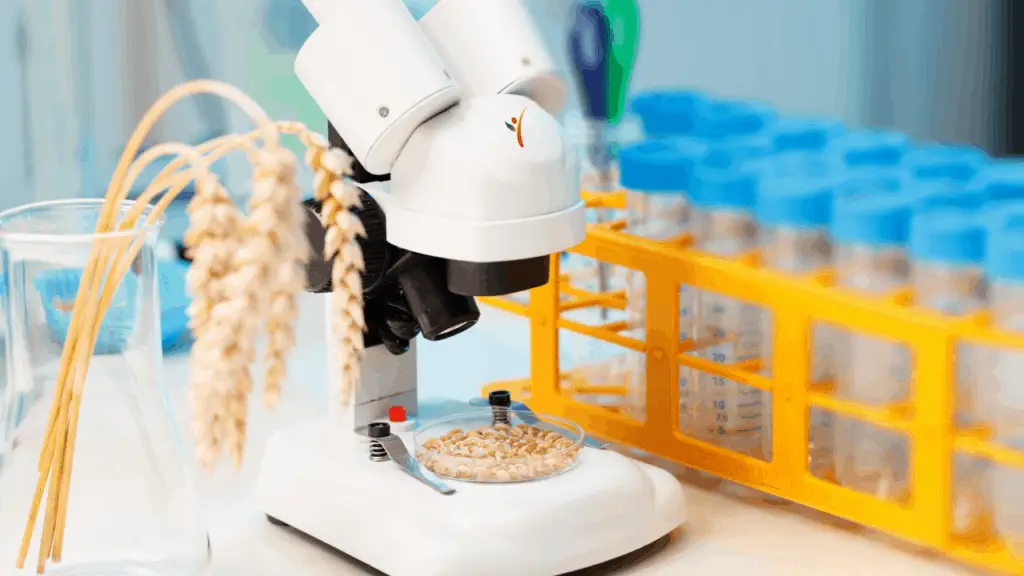
There is no doubt that celiac disease has been at the peak for the last decade, and the cases of nongluten sensitivity have surged too. Some theories answer whether gluten is a GMO and are right for few reasons.
People believe GMO wheat falls because of the hike in celiac disease. But that isn't true because GMO wheat isn't grown commercially.
Some countries have been prosperous in experiments, whereas some were just bizarre, but there isn't any country dealing in GMO wheat commercially.
The glyphosate amount applied to wheat acts as the leading theory connecting gluten disease to GMOs.
It can be true for some cases, but technically wheat isn't a glyphosate resistance GMO. And this clears many doubts and a loose correlation between the genetically modified organism and gluten products.
Although today the GMO wheat isn't commercialized, labs are working to prove this amalgamation successful.
So, we are far from the day when GMO wheat will be in the mainstream market. And that will be dangerous because the chemicals in GMO wheat will directly affect the gut. And the same will worsen the celiac disease. Many countries have banned GMO products expressly due to the side effects.
Moreover, scientists are reducing the gluten content in GMO wheat. It is known as Gluten-Free GMO Wheat.
The above factor proves that GMOs can be responsible for celiac disease but can if the proper gene modification technique is used, then GMO can also be used to make crops such as wheat, free of gluten.
Gluten-Free Foods And GM Foods
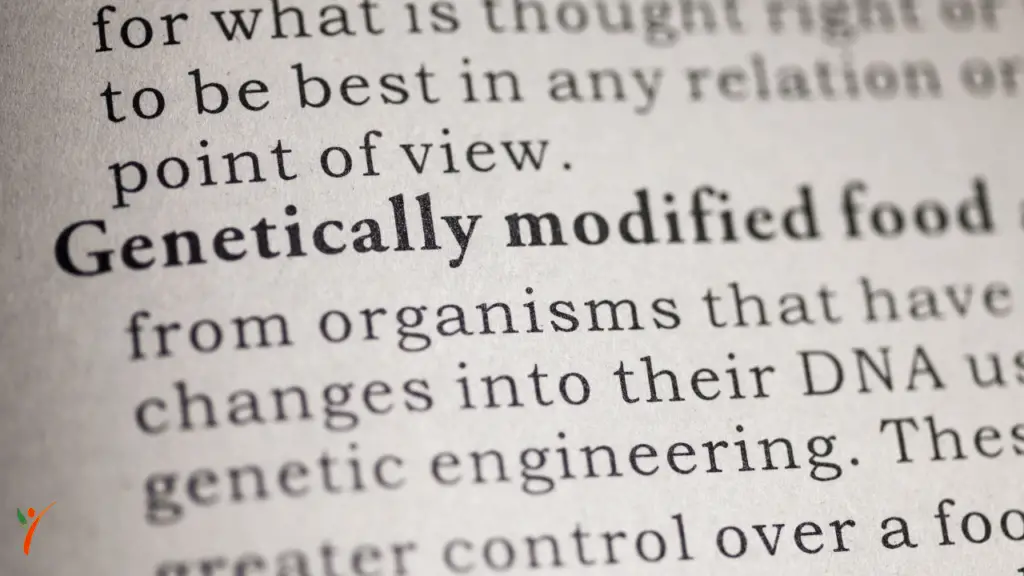
The whole article spoke about the technical part is gluten a GMO? Let's jump into the part where you can understand the food items affected by these terms. You know that you can find gluten protein in wheat, oat, and barley.
Now is the time to know about some widely available products and are naturally gluten-free. And then, we will jump on to the products that are GM foods.
Let's begin with Gluten-Free Food:
Whole Grains
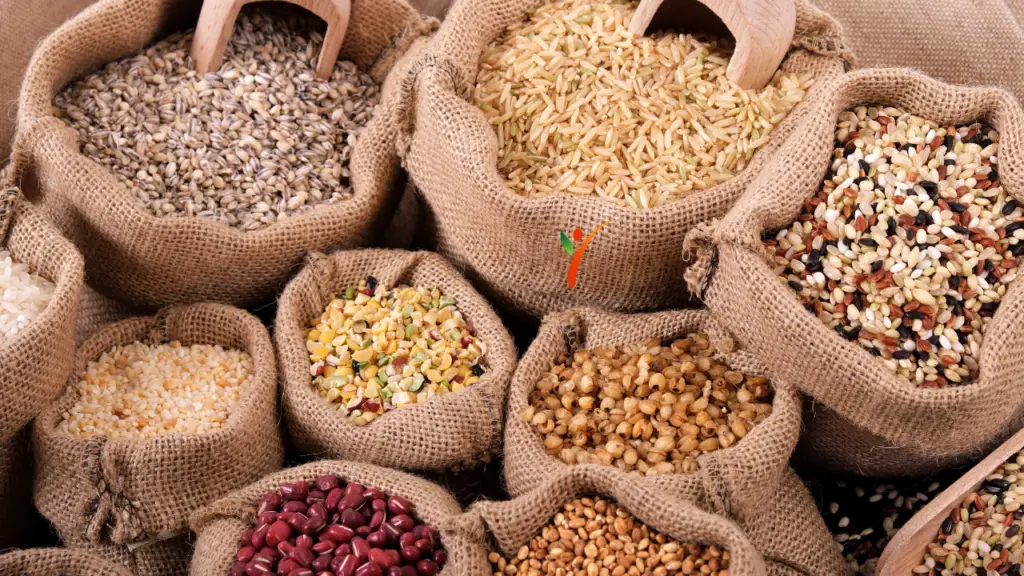
It is a typical food item because some have gluten, and some are gluten-free. The gluten-free whole grains are brown rice, quinoa, millet, tapioca, etc., but the grains that have wheat like rye, barley, and triticale have gluten in them, so maintain your distance. Everyone's favorite breakfast cereal is the sworn enemy for gluten allergic people as they contain gluten.
Cereal per se doesn't have gluten, but some items that come with extract or added preservatives and flavors might have gluten. Another demerit is that some items may naturally be gluten-free but processed in an appliance used for wheat.
Fruits and Vegetables
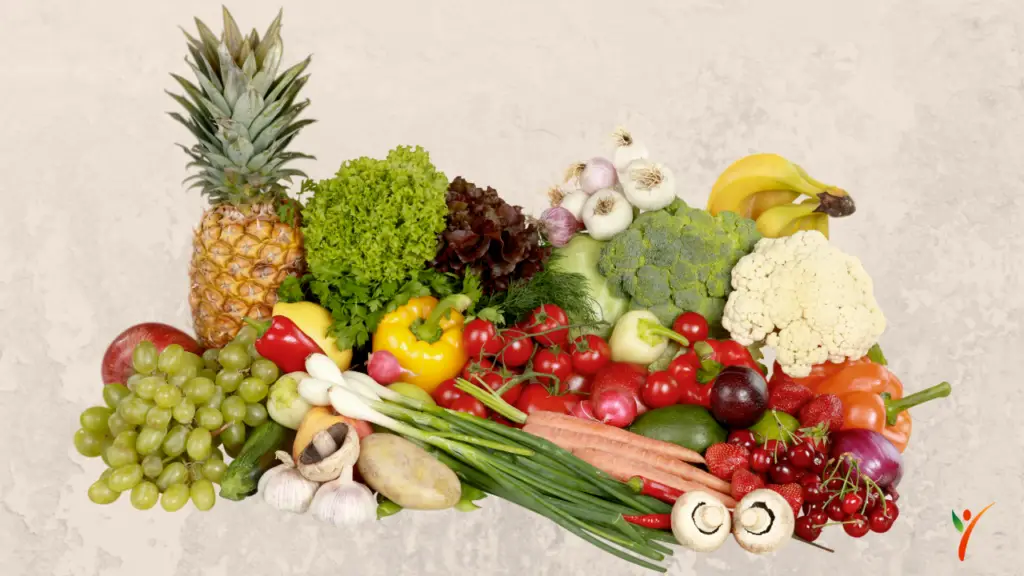
Fruits and vegetables are naturally gluten-free. Therefore, if you're looking for a gluten-free diet, remember to add the below-mentioned fruits. Bananas, apples, berries, peach, carrot, broccoli, mushrooms, etc.
These fruits and vegetables have natural antioxidants and proteins, and carbs that can keep you healthy, fit and fine.
Dairy Products
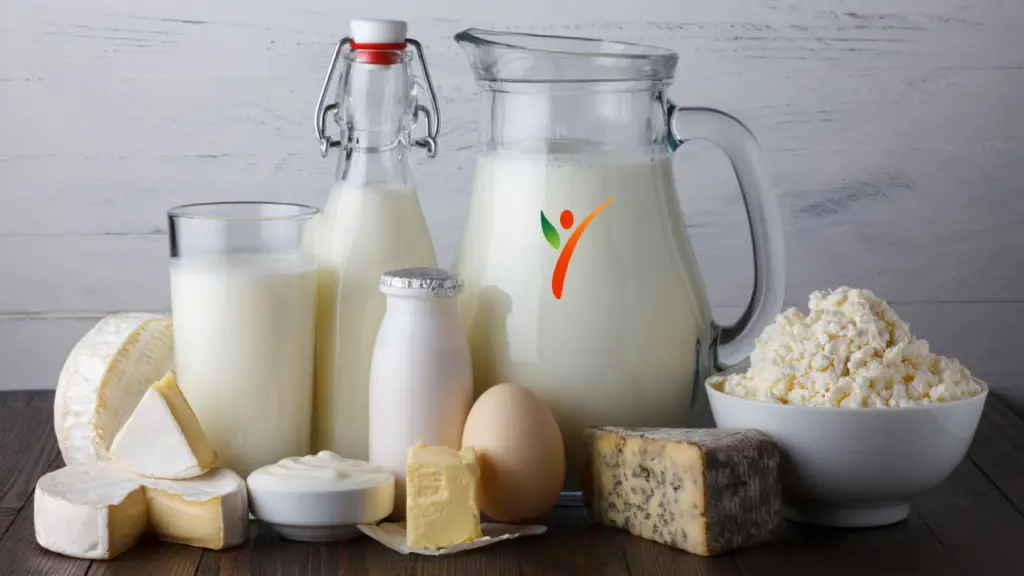
Fresh cream, butter, and cheese are rich in carbs and gluten-free. Don't forget to add these gems to have perfect hat balance in your diet. But keep the dairy products with additives and flavors away.
Proteins

No diet comes under a balanced diet and healthy unless they have proteins. Proteins play a crucial role in repairing cells. One can add lean meat, eggs, and nuts to have most of the protein in your diet. Meat and poultry contain high protein and carbs, and you can add them to the diet reliably.
Eating fresh eggs are an essential source of healthy gluten-free protein. You will get 6 gm of protein from one full egg. Finally, add nuts (un-flavored) to the diet as they are the primary protein source.
GMO FOODS

- Corn
You can often find GMO corn in various products in the USA. You can use the GMO crops in different food products like corn syrup. But a massive part of GM corn is consumed while feeding the livestock. Modified corns are the highest sold food product in this arena.
- Soybeans
After corns, soybeans are the most sold GMO crop. The primary use of soybeans is producing soybean oil and feeding it to the animals. You can use GMO soybeans a lot in the food chain, especially while manufacturing processed foods.
A study suggests that soybean oil gives more than 60% of the American household. Have you ever heard of the emulsifier Soy Lecithin? The same goes with GM soybeans, and thus it uses in producing everyone's favorite dark chocolate.
- Cotton
Cotton production becomes good with GM methodology, but most of it gets used in the cottonseed oil. Cottonseed oil is used most in frying chips and making packaged foods. Animal feeding also contains GM cotton (the edible part). And the remaining portion that isn't useful is also used for creating the cellulose.
- Potatoes
The most recent GM, which is resistant to bruising, is potato.
Apart from these other popular GM food is papaya, alfalfa, apple, and squash.
GMO And Gluten Sensitivity

Gluten sensitivity means that one is intolerant to gluten, not allergic. One may feel bloated and sick after gluten consumption, but their intestines aren't damaged. GMO has no direct connection with gluten sensitivity.
It's just that few effects of GM crops trigger gluten sensitivity. There are times when consuming one product triggers another part of the body, which leads to a fatal disease. The same is with GMOs and gluten, they don't have a direct connection, but their effect on the body connects them.
We don't have a universal solution to this issue. But one should try to avoid GM products as they have long-term effects on one's body.
GM Wheat And Gluten-Free Wheat
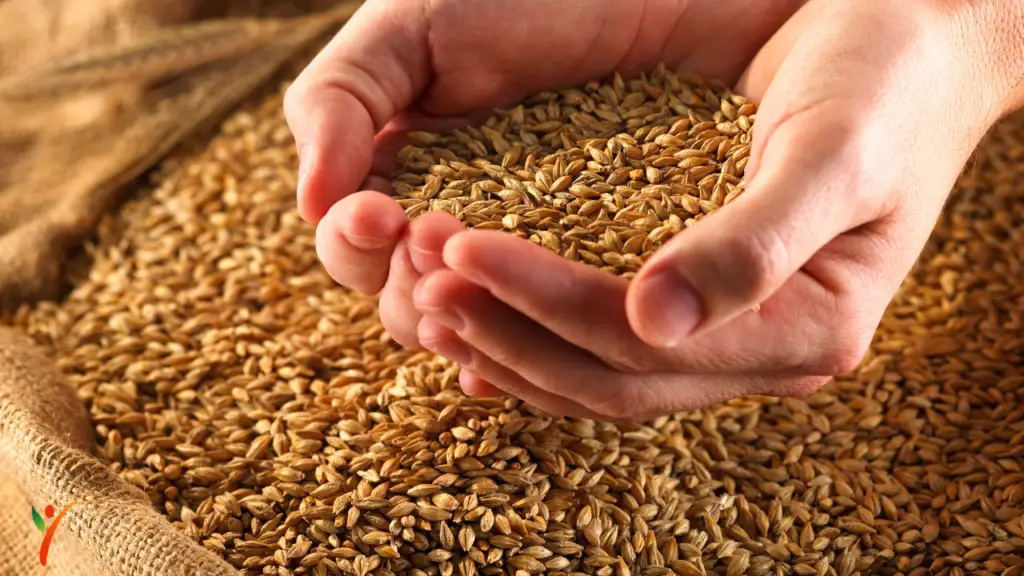
GM wheat is the wheat that goes through genetically engineering process; the same is for biotechnology. It is essential to establish that GM wheat is not grown commercially anywhere globally. Many experiments have been conducted in the field as of today, but no experiment has received final government approval.
The transgenic wheat of the advanced stage was the Monsanto wheat. The same is glyphosate-resistant. This wheat got approved by FDA but withdrew the same later.
Sorghum
You may have heard of sorghum syrups; sorghum grains are famous for their gluten-free nature. It is commonly used as a cereal grain and for livestock food. One of the best parts of sorghum is it acts as an antioxidant that reduces oxidative stress. And it also helps in maintaining the blood sugar levels. Sorghum minimizes chronic disease risk and is rich in protein and fiber.
Quinoa
This grain is one of the most popular grains that are gluten-free. They are rich in proteins and are an impressive part of fiber. It is known to be a complete source of protein. They are rich in antioxidants and can reduce disease risk, and are among the healthiest grains.
There are many amino acids essential for the body, and quinoa has all eight, making it the best source of protein to consume. Consuming quinoa can fulfill your need for manganese, phosphorus, and magnesium.
There is little other gluten-free wheat: buckwheat, amaranth, brown rice, etc.
Bottom Line

This article attempted to understand the question, is gluten a GMO? In other words there is no straight answer to this, but the same is for many cases. Gluten itself may not be harmful if you do not have celiac disease or are gluten-intolerant, but GMOs have a terrible long-term effect.
Many countries have banned GM products as they are very harmful. There isn't any direct connection between GM wheat and gluten as GM wheat does not deal with commercially as of now.
We can derive two conclusions!
1. Gluten can be reduced using GMO
2. Gluten is not a GMO

